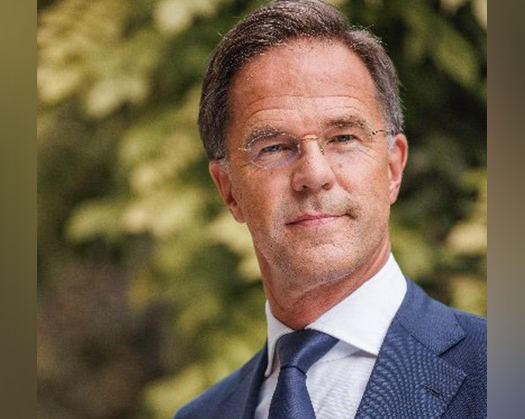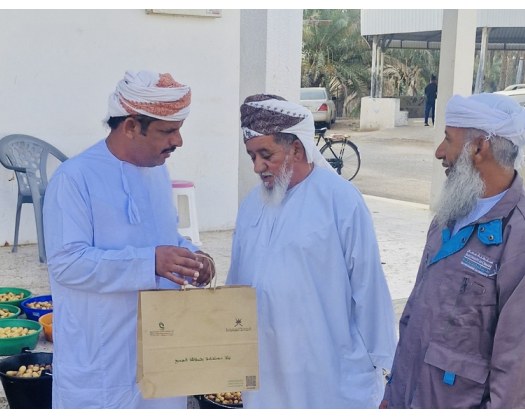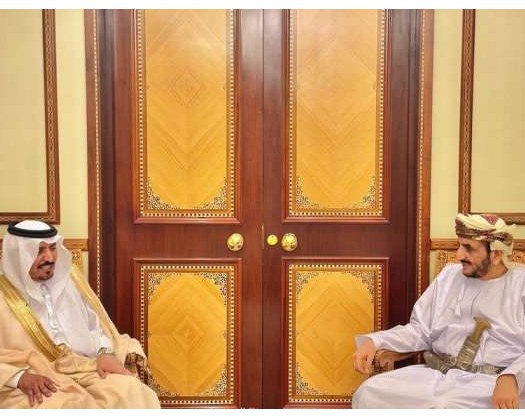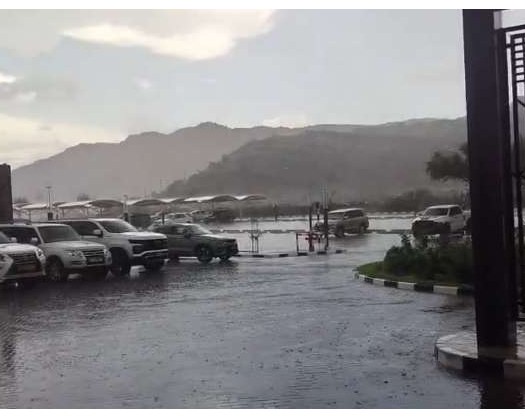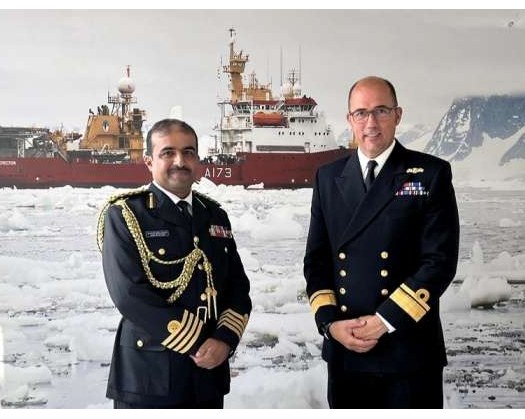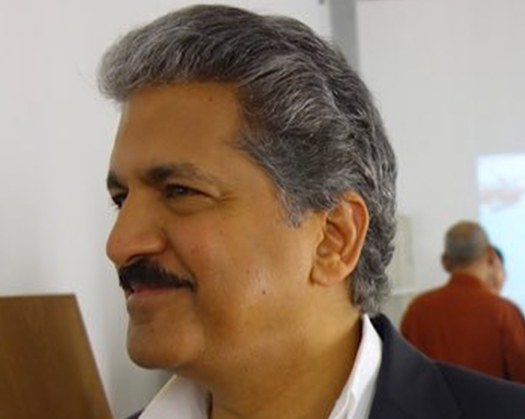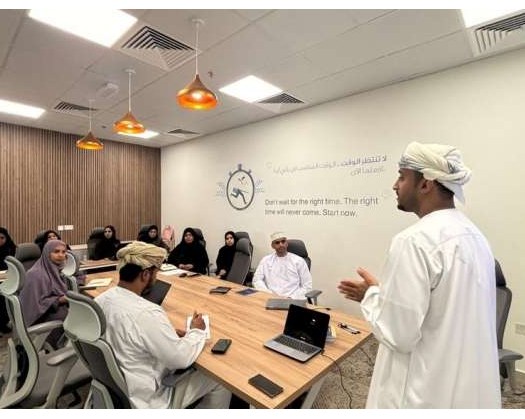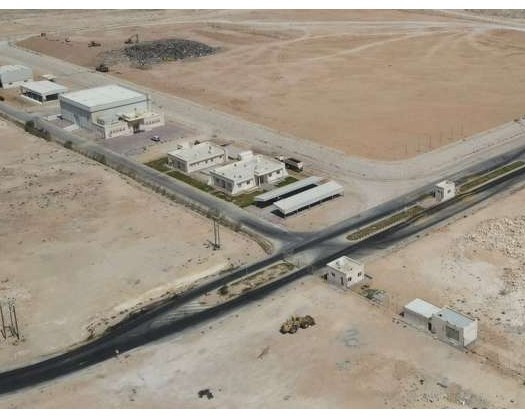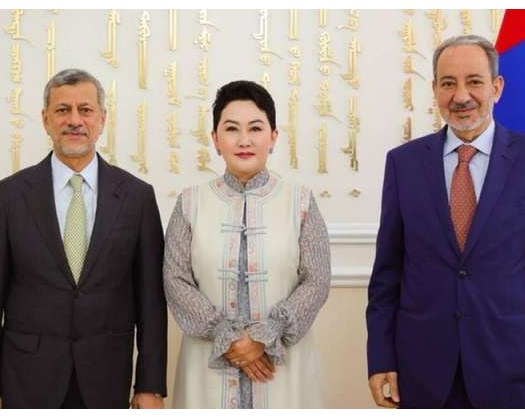Antalya: NATO Foreign Ministers met in Turkey's Antalya on Wednesday and Thursday, with a primary focus on increasing military expenditure. Secretary General Jens Stoltenberg said that the current 2% of GDP target is insufficient.
He encouraged the allies to increase investment in fundamental military skills, infrastructure, and resilience in order to meet mounting security concerns. The ministers also reaffirmed NATO's long-term support for Ukraine, underlining the need for continuous aid to ensure a just and lasting peace.
NATO Foreign Ministers met in Antalya, Turkey, on Wednesday 14 and Thursday 15 May to explore ways to improve Allied deterrence and defence, as well as to advance preparations for the summit in The Hague in June, according to a statement released on Thursday. The Secretary-General stated that determining a new basic expenditure amount would be the key output of the Summit, stressing that the current goal of 2% is insufficient.
We will need more expenditure in our fundamental military needs, as well as other broader defence-related investments such as infrastructure and resiliency, according to Stoltenberg, who emphasized that this makes economic and strategic sense.
We must ensure that we invest adequately across NATO to keep ourselves safe, Stoltenberg said, adding that the modifications are critical to NATO's ability to meet its new capability goals and defend against aggression.
Rutte praised NATO nations for exhibiting their increasing dedication to fair burdensharing, stating that we are now on the correct course.
Most allies are now on track to meet the original aim of spending 2% of GDP on defence this year, and many have already announced plans to go much further, he said.
The Secretary General also underlined NATO's long-term commitment for Ukraine, stressing Allies' common goal of reaching a fair and long-term conclusion to the war. With or without a settlement, it is evident that our assistance for Ukraine will remain critical to achieving a lasting peace, he said.
Notably, NATO Heads of State and Government agreed in 2014 to contribute 2% of their national Gross Domestic Product (GDP) to defense investment, in order to help guarantee the Alliance's ongoing military preparedness. In 2024, 22 Allies were expected to meet or surpass the goal of spending at least 2% of GDP on defense, up from just three in 2014. European allies and Canada have gradually increased their overall investment in defense, from 1. 43% of their joint GDP in 2014 to 2. 02% in 2024, when they will invest more than USD 485 billion (adjusted to 2021 prices) in defense.
Meanwhile, US Secretary of State Marco Rubio said that NATO allies, including the United Kingdom, Germany, France, Italy, and Secretary General Stoltenberg, agreed on the need for increased defense spending, fair burden-sharing, and greater collective deterrence.
He emphasized that NATO is a critical security organization for Türkiye. Together with the United Kingdom, Germany, France, Italy, and @SecGenNATO, we agreed on the necessity for increased military spending, equitable burdensharing, and strengthened collective deterrence.

